This has been a pretty amazing week, I was fortunate enough to receive the HIS Early Career Award from the Healthcare Infection Society. As the first woman and the first Healthcare Scientist to receive it, it was pretty wonderful. As part of receiving the award I was also given a 30 minute speaking slot. Now, unlike normal, the brief was pretty open which resulted in 2 things. First, a sense of overwhelming panic about what I should talk about. Two, a gradual realisation of what a privilege it is to be given the opportunity for 30 minutes as yourself and how invaluable such an opportunity is to represent yourself and others.
The other thing that happened was I spent some time thinking about how amazingly fortunate I have been in terms of external recognition in general. The thing is though, at its heart, it’s unsustainable. My husband is always telling me (tongue in cheek) that I have to stop winning things so that others can. No matter how much this is said in jest, there’s a lot of truth in this statement. When do we get out of the way so that recognition can be given to others? And what happens when that external recognition has become a benchmark in how you assess your own standing or success? This blog is the result of some of my musings on reliance on external markers of success, and what work we might need to do on ourselves whilst enjoying the recognition.
Recognition is amazing
In all honesty, I was never someone who won awards, not at school, not at university. It wasn’t really part of my psyche or something that I realised could happen to someone like me. After all, I’m a pretty normal run of the mill kind of girl. I work hard, but that’s my main feature. Then waaaay back in 2015 I was nominated for rising star award at the CSO awards by a kind Consultant Healthcare Scientist. I didn’t win, but it made me aware that such things exist. As Trust Lead Healthcare Scientist, I’ve always remembered that kindness and what it meant to me, and as a team we try to always ensure that we nominate as widely as possible for any external awards that come up. We even started the Healthcare Science Awards at GOSH in order to provide a similar kind of internal recognition.
Recognition is great. It’s a real confidence boost. It can also open doors (like to the Coronation) that you never thought would be open to you. Increasingly, awards and recognition are increasingly important for things like career progression and grant funding, so they are no longer just a nice to have. Now, sitting on/chairing a number award judging panels, I see how it impacts those in the running and how important those decisions are.
Recognition is also sometimes the only thing that gets you through. For a long time, there was not much acknowledgement of my value as a Healthcare Scientist internally. There have been some very challenging times. The external recognition I received was the thing that told me it was worth persisting, that I was doing something right when I spent a lot of time questioning myself, my value and my vision. The problem with this as a coping strategy is that recognition can become addictive, and as a people pleaser, you can come to believe that unless you receive it, you don’t have intrinsic value.
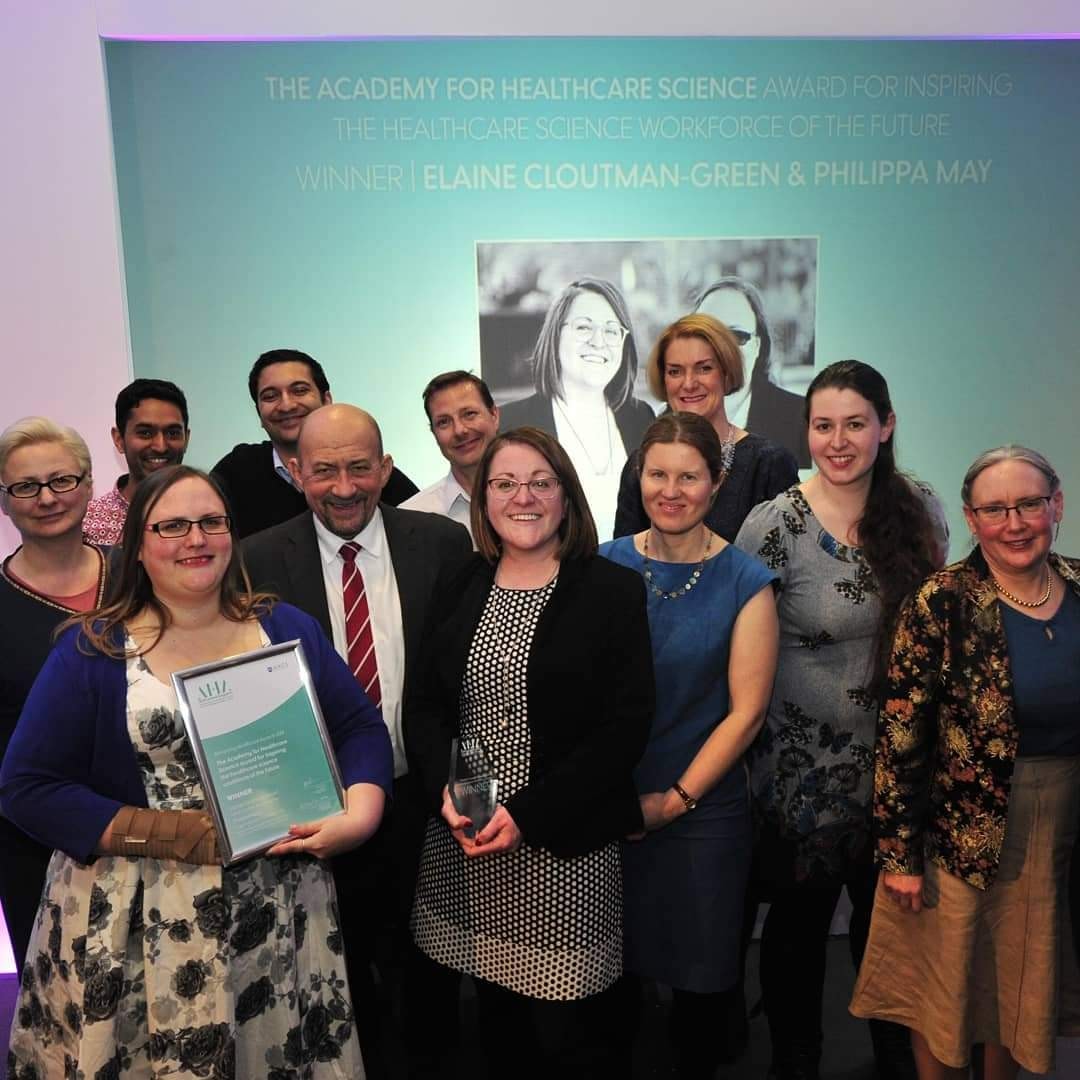
Acknowledge that we are trained into a certain way of viewing the world
Whether you’re a people pleaser, a gifted child, or someone who was just raised to strive, we are taught to see the world through a specific lens and to judge our success by it. There’s an always ‘onto the next thing’ mentality combined with a need to know we are good enough, as we secretly suspect that we aren’t. That specific lens can engender large amounts of success, but it can also make it hard to have a true appreciation of the facts, making external validation take on an increasingly significant role. But what happens when it stops?
I hate to break it to you, but there are only so many awards and qualifications out there, IPC and Healthcare Science are small worlds after all. What do you do when you have ticked the qualification boxes, and other forms of recognition are few and far between. This is especially true when you become a senior leader, and to be honest, no one is interested in tapping you on the back and telling you you’ve done a good job anymore. Doing a good job is assumed. Everyone will be quick enough to tell you you’ve messed up, but silence is where positive feedback used to be. If you are someone who needs external reinforcement, this is a lonely place to be, and it’s better to recognise it before you get there so you can have already begun work on your coping strategies.
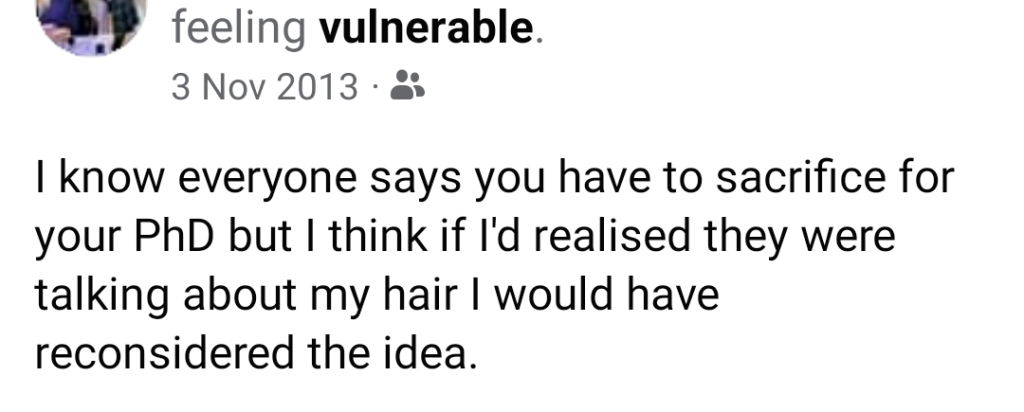
There are benefits to the ‘onto the next thing’ mentality
One of the traps we can find ourselves in is that the ‘onto the next thing’ mentality can reap huge rewards. In competitive fields, such as academia and medicine, it can be an important driver to success. It allows you to dig that little bit deeper and be that little bit more focused. To tick the boxes that need ticking, and to sometimes tick them faster or more efficiently than would have been possible otherwise. This means that both the good and bad aspects of this personality trait get enforced, and whilst there are training competencies to be ticked and qualifications to be had, the negative side of this particular coin don’t feel so bad.
As time goes on however, and careers change, the boxes that need ticking are no longer so clearly defined, and the list of things to do has no end. The positive reinforcement produced from this way of dealing with the world therefore turns into a sense of failure and inability to see progress. The list of jobs never ends, and so a sense that it is because of a failure in ourselves, rather than the system we are working in, persists. We run faster on the hamster wheel in order to try to reach the finish line without realising we’re going in circles, and the line will always be just out of reach.
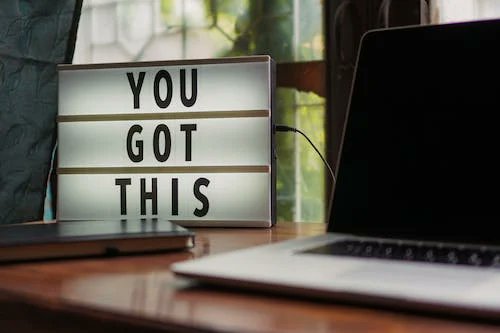
It will never be enough
One of the dangers when on the hamster wheel, therefore, becomes that we further lose sight of how to benchmark progress. This means we turn even more to others to guide us as to whether we are doing OK. Whatever OK is. And that’s a problem, isn’t it. No one really knows what we are seeking, especially when we don’t know what it is ourselves. Progress when early career may be challenging, but it is often fairly straightforward to define. As we develop, both ourselves and our careers progress and how we need others to feed back to us is frequently becomes less clear.
The other thing to note is that if you listen to the positive comments and hold them to be so significant, you will also listen to the negatives, and probably even more intensely. As the saying goes, ‘you have to take the good with the bad’. Now, listening to constructive negative feedback is an important part of developing. The sad thing is that sometimes it’s not so constructive, and that can lead to some pretty destructive self-talk, spiralling, and challenges with processing of the feedback you are getting. So, how do we move ourselves from the position where we hold the opinions of others in such high account, to where we can evaluate and add our own self reflection into the mix, in order to achieve a stable equilibrium?
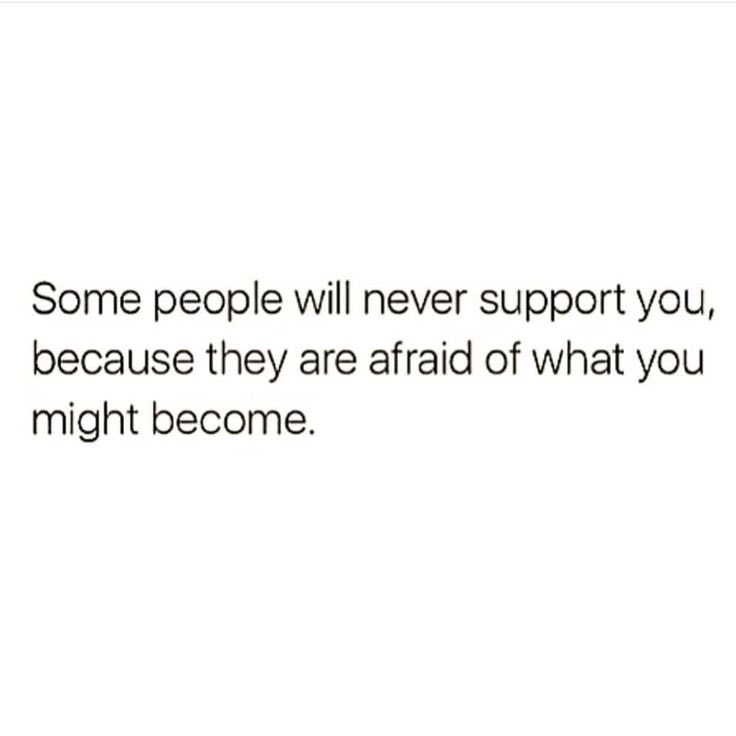
Know that what success looks like changes
As I’ve said, what success looks like changes, and it may not look the same from day to day, let alone year to year. One of the things I’ve become increasingly aware of in recent times is that I want to achieve across my life. I’ve spent a long time focusing on achieving at work, but this means that my long-suffering husband has lacked support, and any non work achievements have very much been on the back burner. I want to regain some balance in my life. It won’t happen overnight, and progress is being made by inches, but that is what success for me would currently look like. Everyone is different and your idea of success may look very different to my current one, but unless you take the time to identify what it looks like for you you will continue to be driven by how others define it for you.

Beware of your self talk
I’m so guilty of staring at myself in the mirror and telling myself how stupid I’ve been or asking why the fuck I said that. I suspect that no one else talks to me as badly as I talk to myself, and when I do screw up part of me wishes people realised there’s no need to make me feel bad about as I’m already waaaaay ahead of anything they could say. The thing is, this is not a healthy way to treat myself. I am now putting in active effort to become a better cheer leader for myself. Before my talk at HIS, I took 2 minutes to tell myself that I could ‘do this’. I could appear like a grown-up and give a good talk. I tried to speak to myself the same way I would speak to my students and/or colleagues before they were due to do something they were nervous about. I gave myself the same compassionate time that I would give to someone else. This isn’t something that is an embedded behaviour for me yet, but I’m hoping if I continue to work at it it eventually will be.
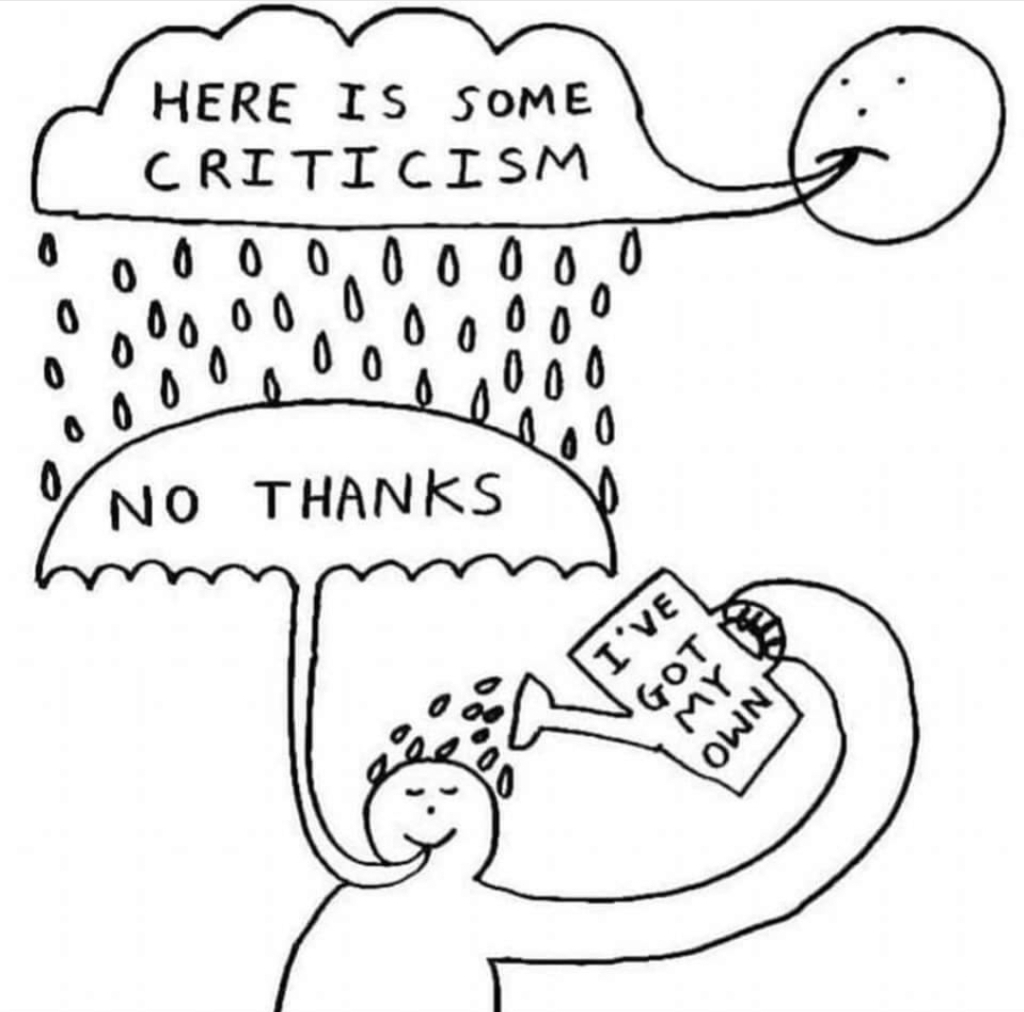
Miss out on the best bits of yourself
If you live in a spiral of self critism or an echo chamber where you only value the opinions of others, you will miss out on the best bits of yourself. I’m a pretty weird person, but I think at heart we probably all are. I think I’m also pretty compassionate and loyal, as well as occasionally funny. It’s super cliche, but as I get older I do think that our relationship with ourselves is one of the best ones we can ever develop. It takes courage to stand and know your flaws and love yourself anyway. It takes time to see past that long list of flaws to see that many of them have flip sides that represent strengths. To honestly work on them whilst not constantly chastising yourself because they exist. If asked, I could immediately give you a list of the best qualities about just about everyone in my work and personal life. It shouldn’t therefore have taken me to my 40s to be able to produce an equivalent list for myself, but I’m a work in progress afterall.
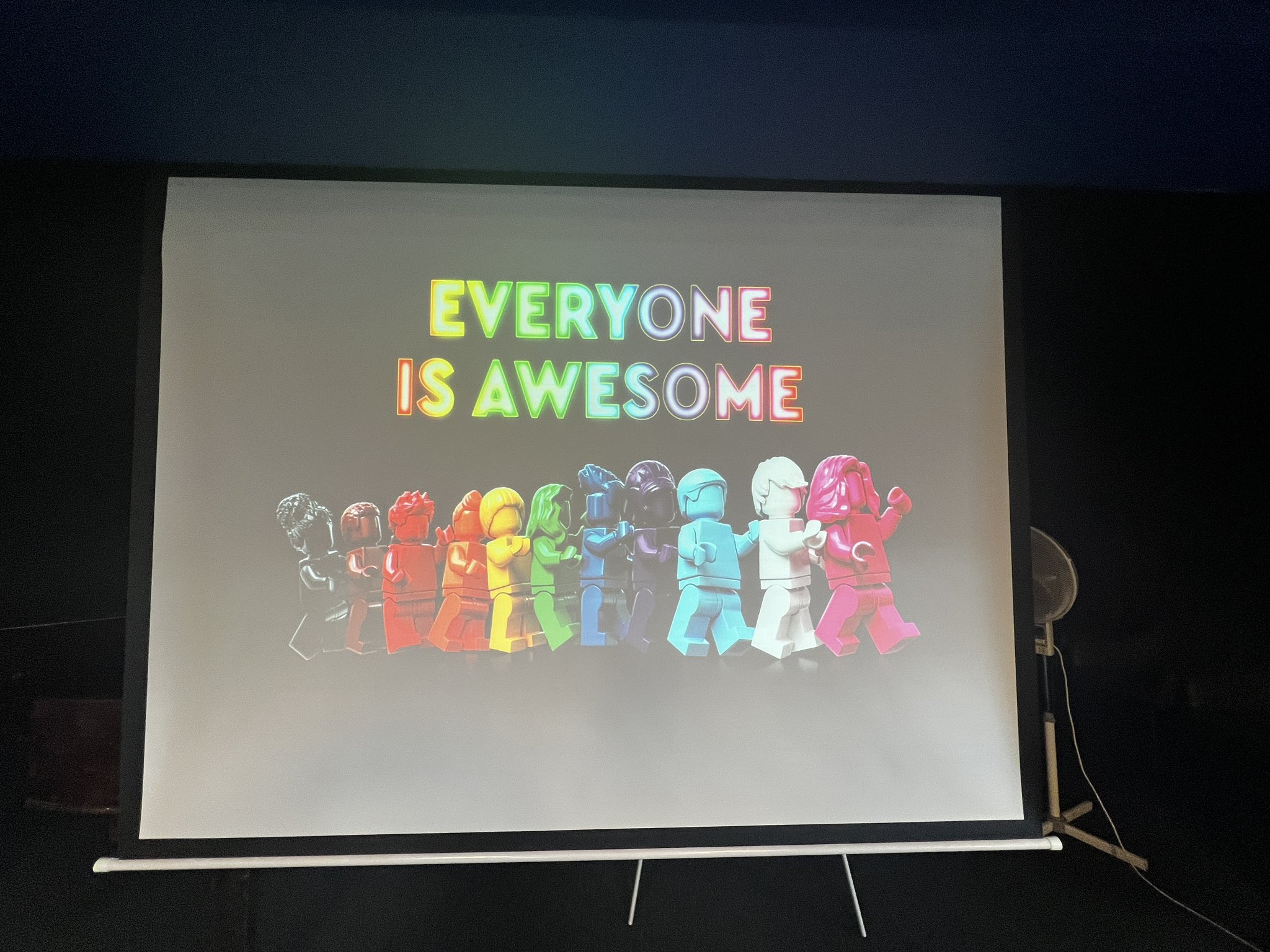
Start by giving some conscious time to your thought processes
I made the shift (am making the shift?) by giving myself the gift of time and self reflection. When I react strongly, when I feel certain ways, I’m trying to just take a few moments to understand what drove me to behave or feel that way. My poor husband also spends a lot of time with me talking through just about everything. I personally need that verbalisation as part of the process to support my thinking. I should probably just get a coach and relieve my hubby of the process, but I trust him so much to call me on my bullshit when I’m trying to avoid seeing things I don’t like about myself.
I’m also allowing myself to care a little less about others think of me. There are certainly people out there who are not my biggest fans. The thing is that is their process, their decision. I used to try and bend myself into knots to change those opinions, but at its essence, I can’t control what others think of me. I can only control how much weight I give to those opinions. I’ve been described as marmite in the past, and just like you will never persuade me to like marmite, I suppose I cannot persuade those who find me jarring to like me.
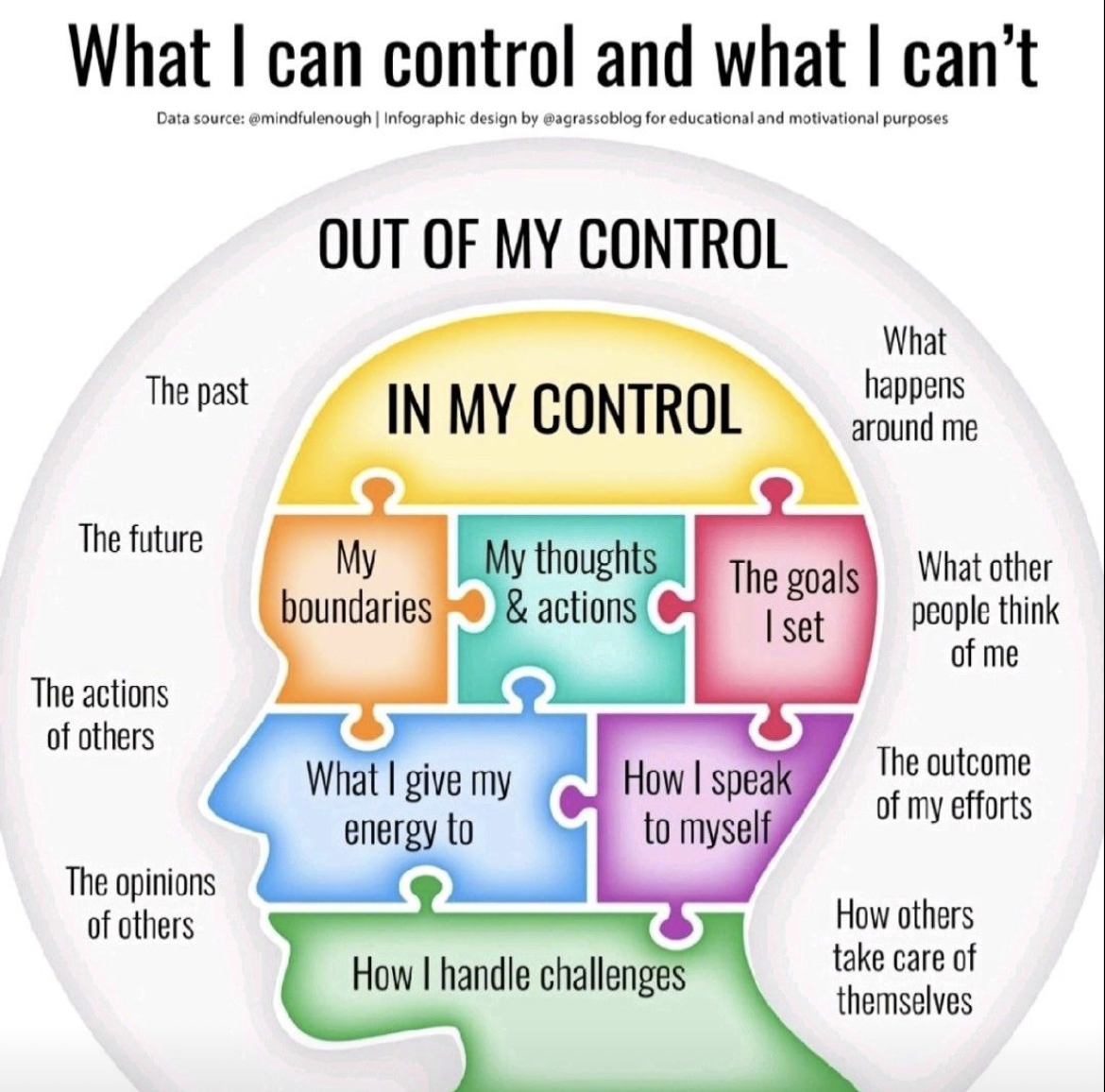
Give yourself the pep talk you would give to others
I’ve talked about being aware of the way I talk to myself, and the occasional reassuring pick me up chat before high consequence moments. I’m stuck though by how much we don’t service our own needs in the same way that we respond and service those of others. At least once a day I will have a pep talk conversation with my colleagues or trainees. I may also have virtual ones in order to support my professional communities or friendship groups. Yet we don’t invest the same care, or energy into ourselves. More and more recently I’ve been prioritising the fact that if I feel certain ways that it’s OK to step away, get some alone time and give myself the same kind of pep talk that I give others. Now, in all honesty I don’t always believe the words I say to myself yet, hearing it from yourself is not the same as hearing it from someone else. That said, if we are setting benchmarks of kindness then those should extend to ourselves, not just others. I believe, like most positive change and habit formation, it will become easier the more I do it, and slightly less cringe inducing.
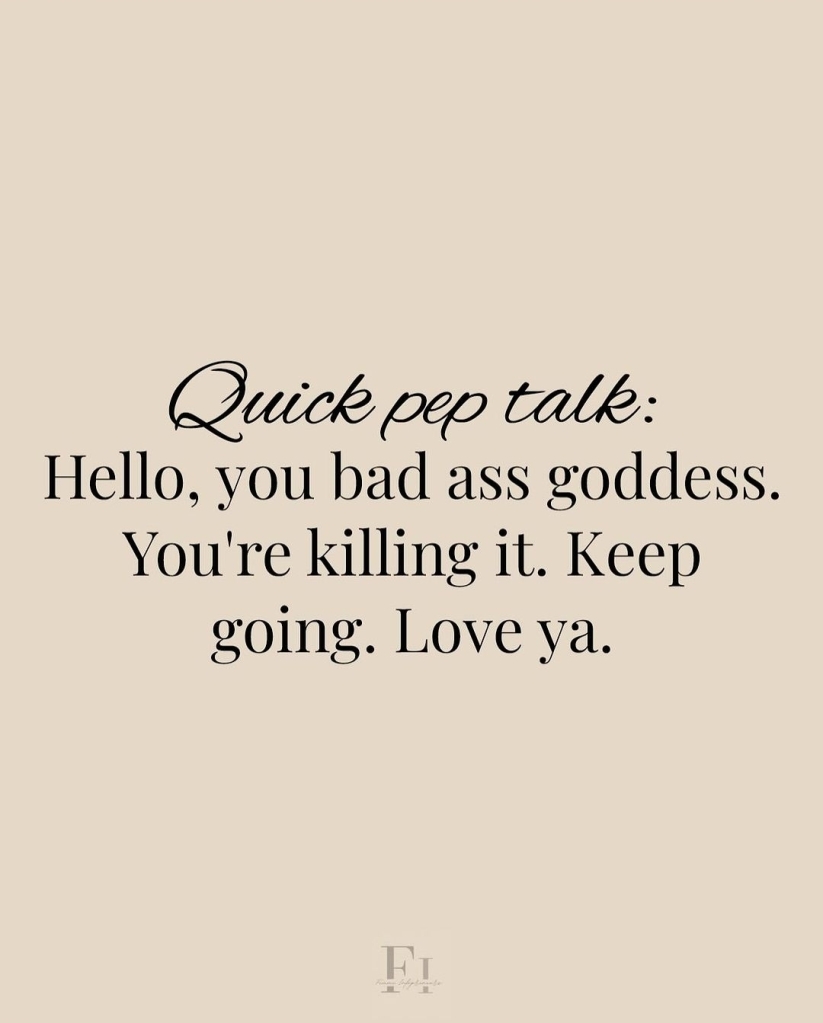
Give yourself permission
One of the biggest changes I’ve consciously made it to also give myself permission to feel the way I feel. Instead of telling myself to ‘get over it’ or telling myself how stupid I am for feeling a specific way, I allow myself to feel it and then to follow up with a question about why I feel that why. Asking why, with the aim to move towards resolution or at least greater understanding, rather than festering in denial. I think it’s important to acknowledge that we don’t live in this idealised space where we all feel good and confident all the time. If we wait on someone else ‘fixing’ us when we feel anything less than perfect then in some ways I’ve come to believe we’re not putting in the work. That’s not to say that I am not over the moon when someone recognises what I’ve been up to, it’s highly validating and makes so much of the extra hours and effort worthwhile. If we wait to be noticed and to receive that recognition however, and don’t strive to have internal validation that stands alone, we may not be able to receive it when we need it most.
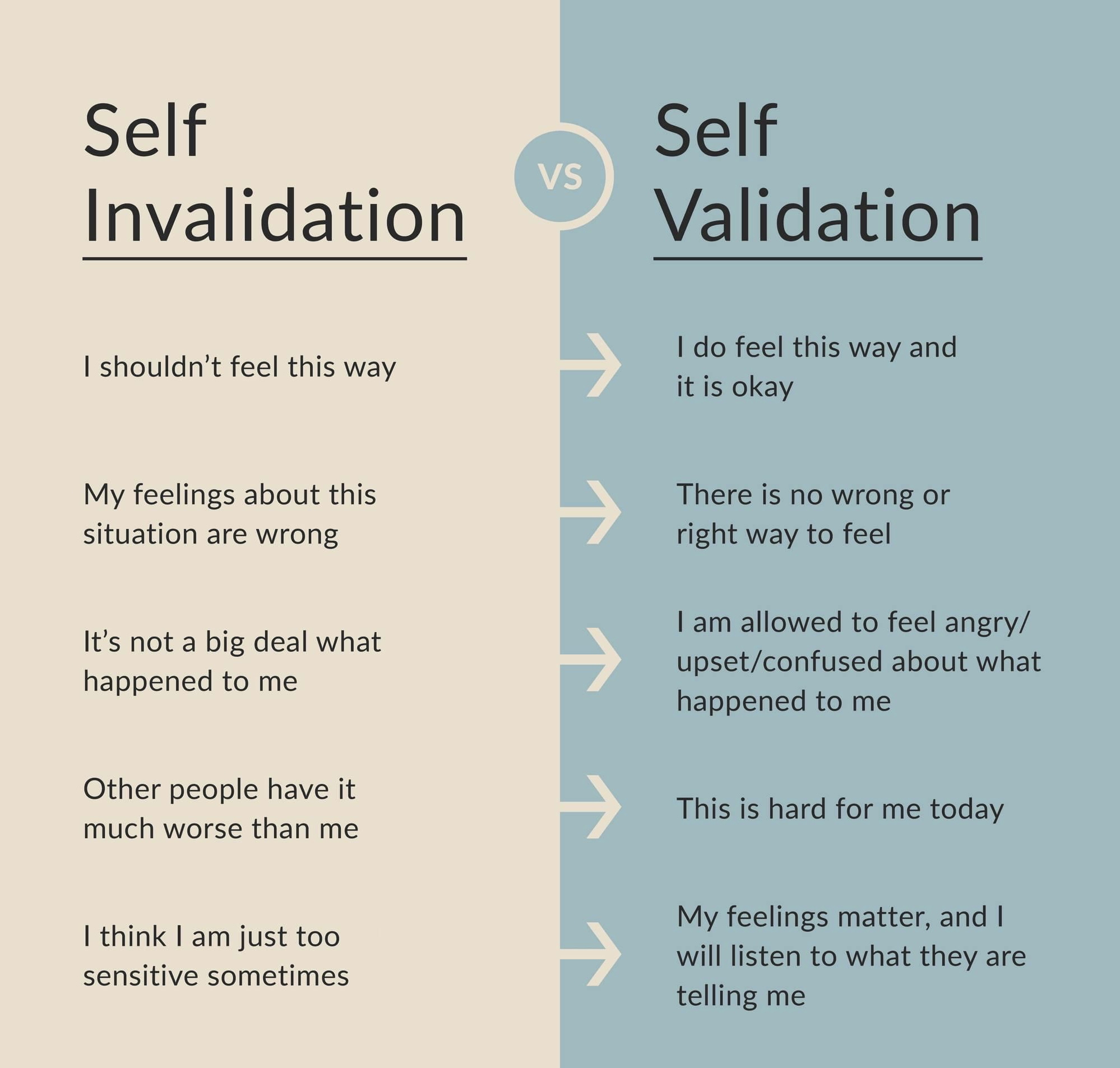
If you are fortunate enough to be given a stage you are obligated to use it
Finally, from a recognition junkie, it is so important that if that recognition results in opening doors or giving you a platform that you choose to consciously use it. It is lovely to sit in the warm glow of someone telling you you are doing something right, but recognition offers more than that. It gives you a voice, a voice that you can use to shine a spotlight or to raise awareness. It is one of the reasons that I still strive for recognition, even having acknowledged some of my not so positive personality traits that it can amplify. If someone gives you a stage, stand on it and use it for the good of everyone who hasn’t been given one and who may not yet have a voice of their own.
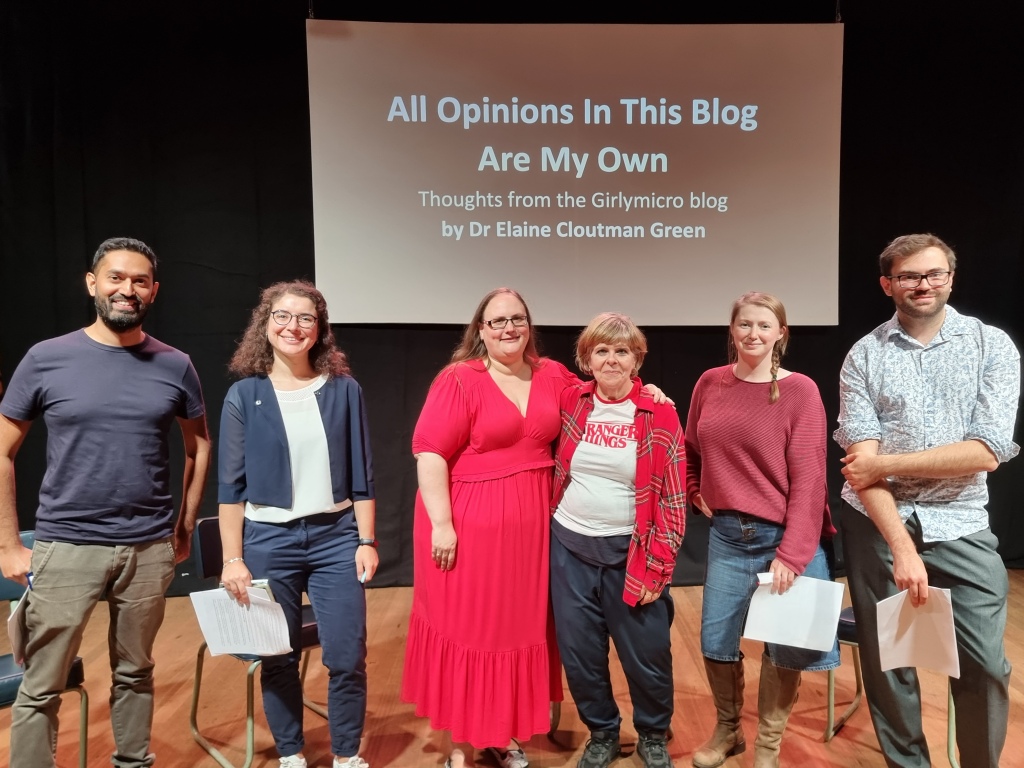
All opinions in this blog are my own

